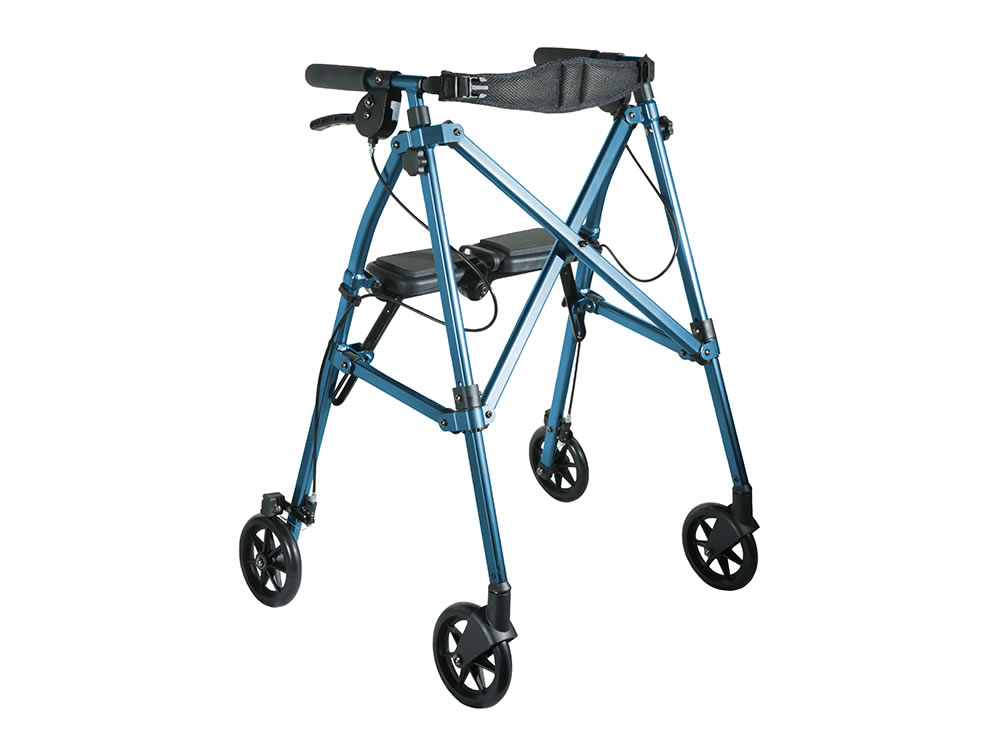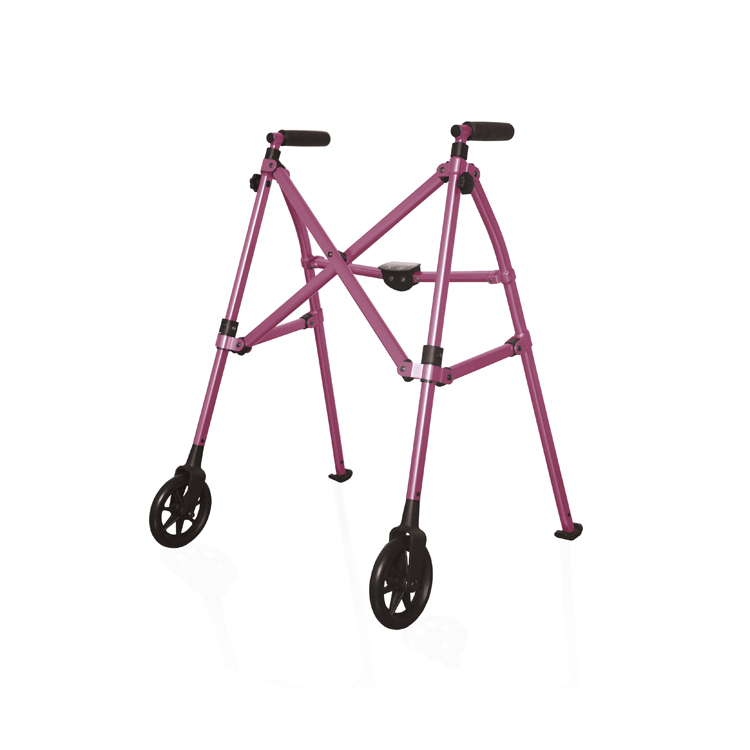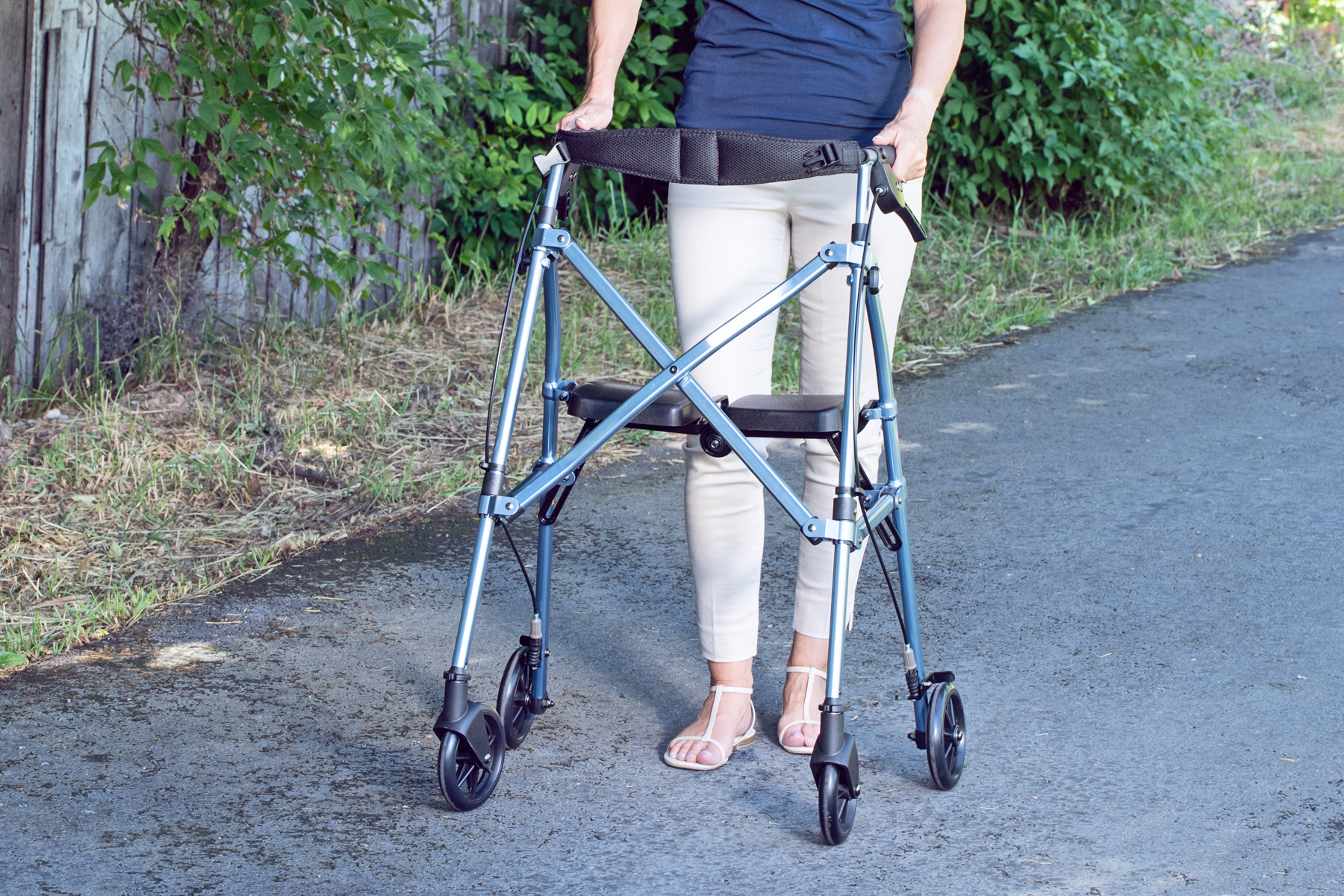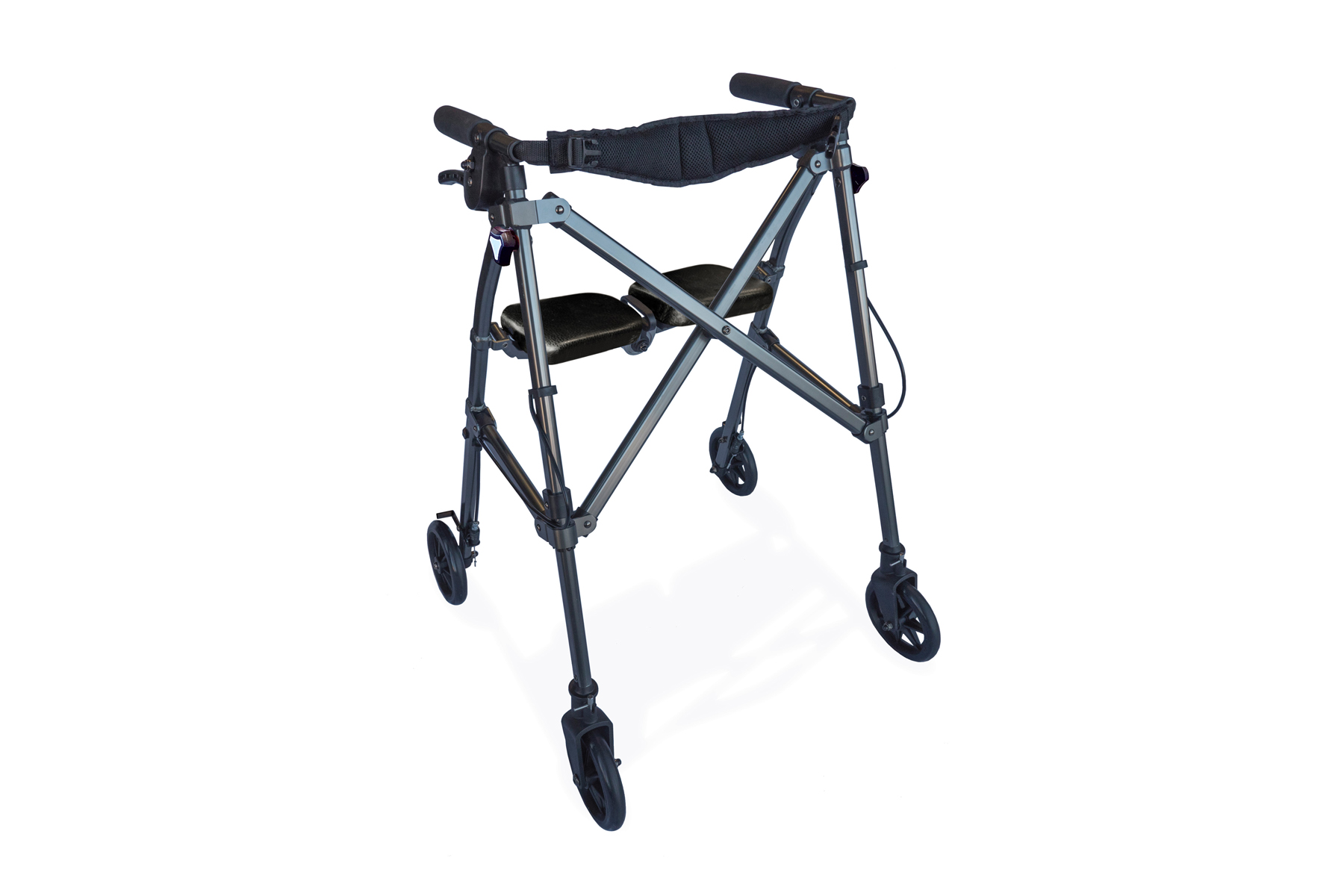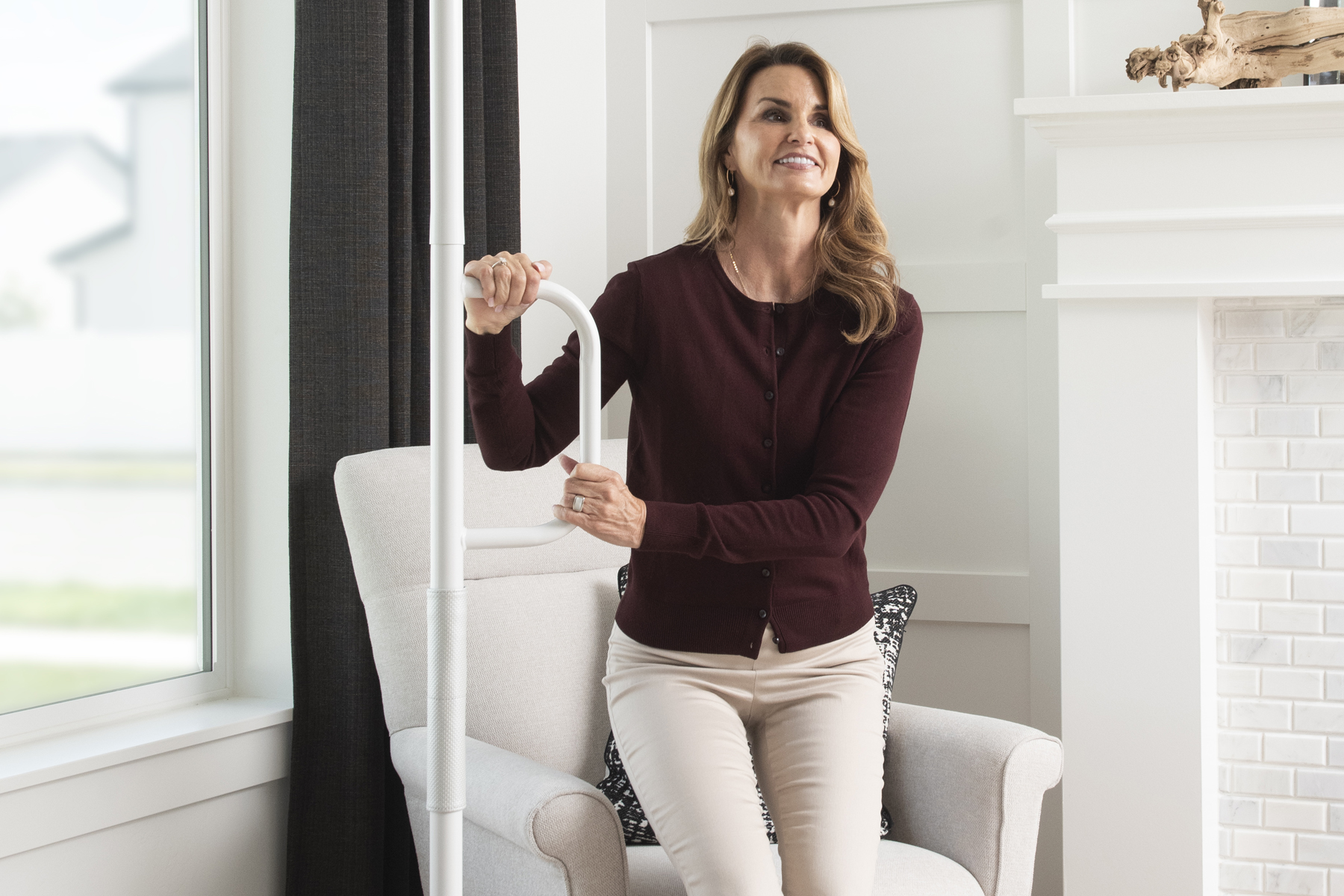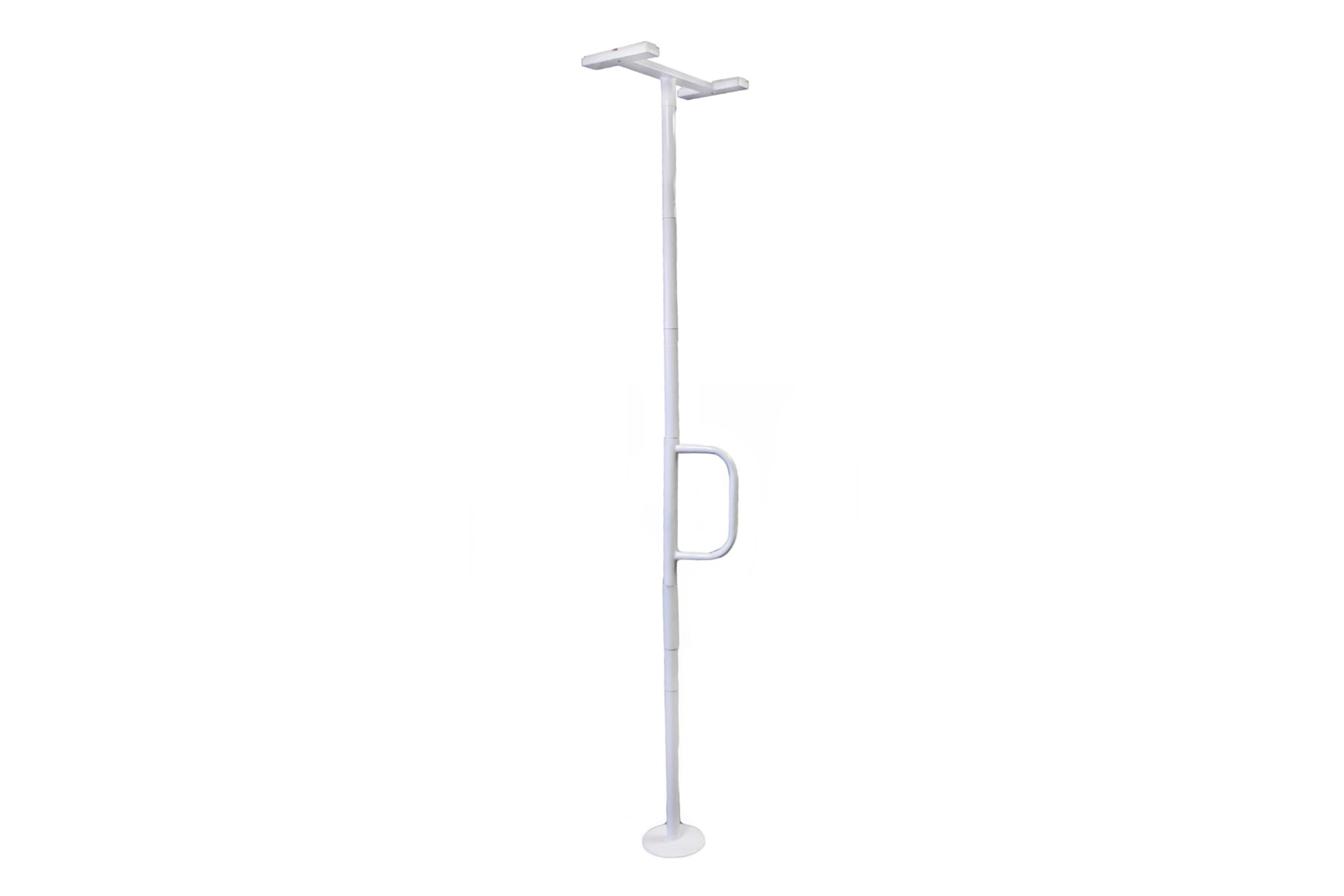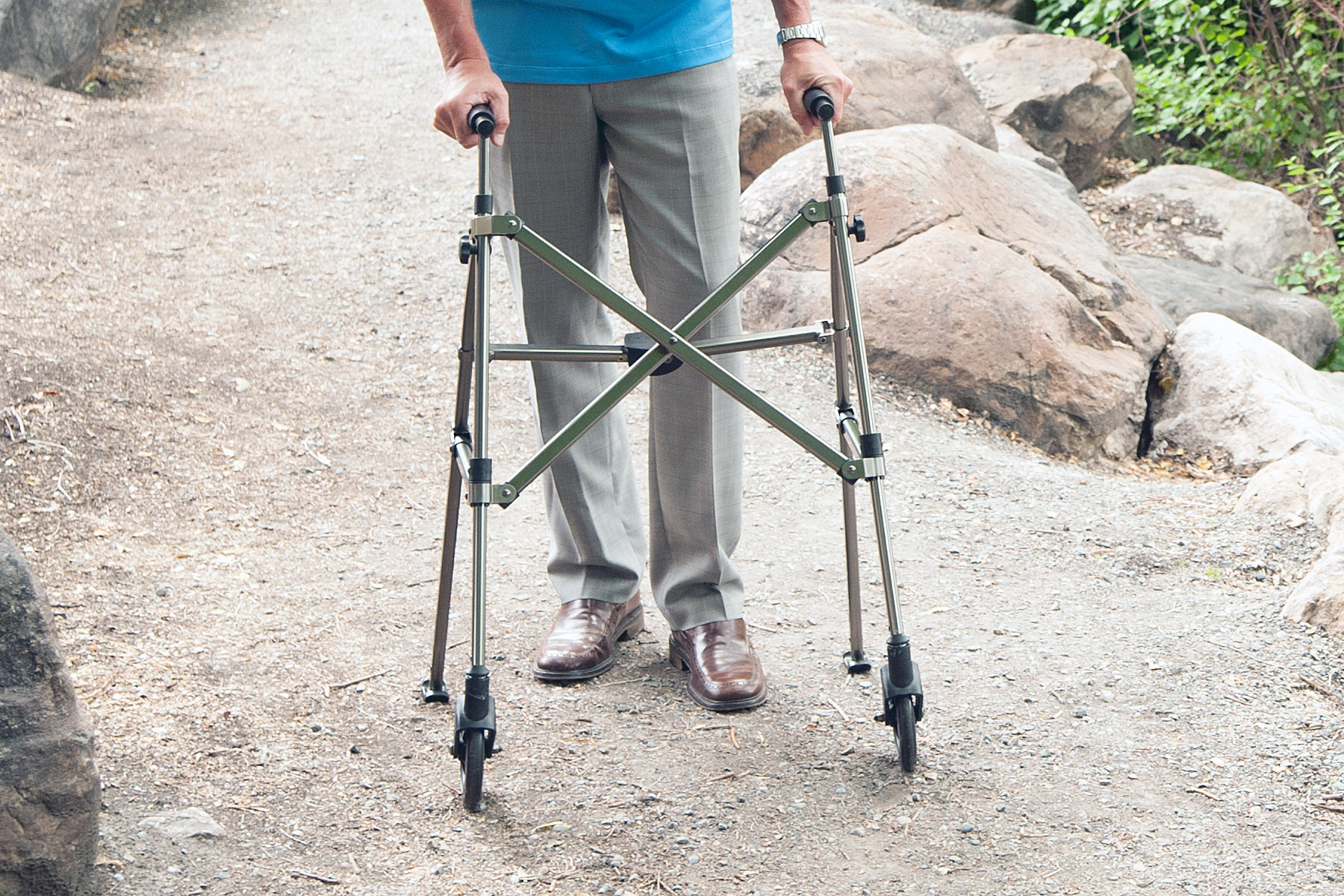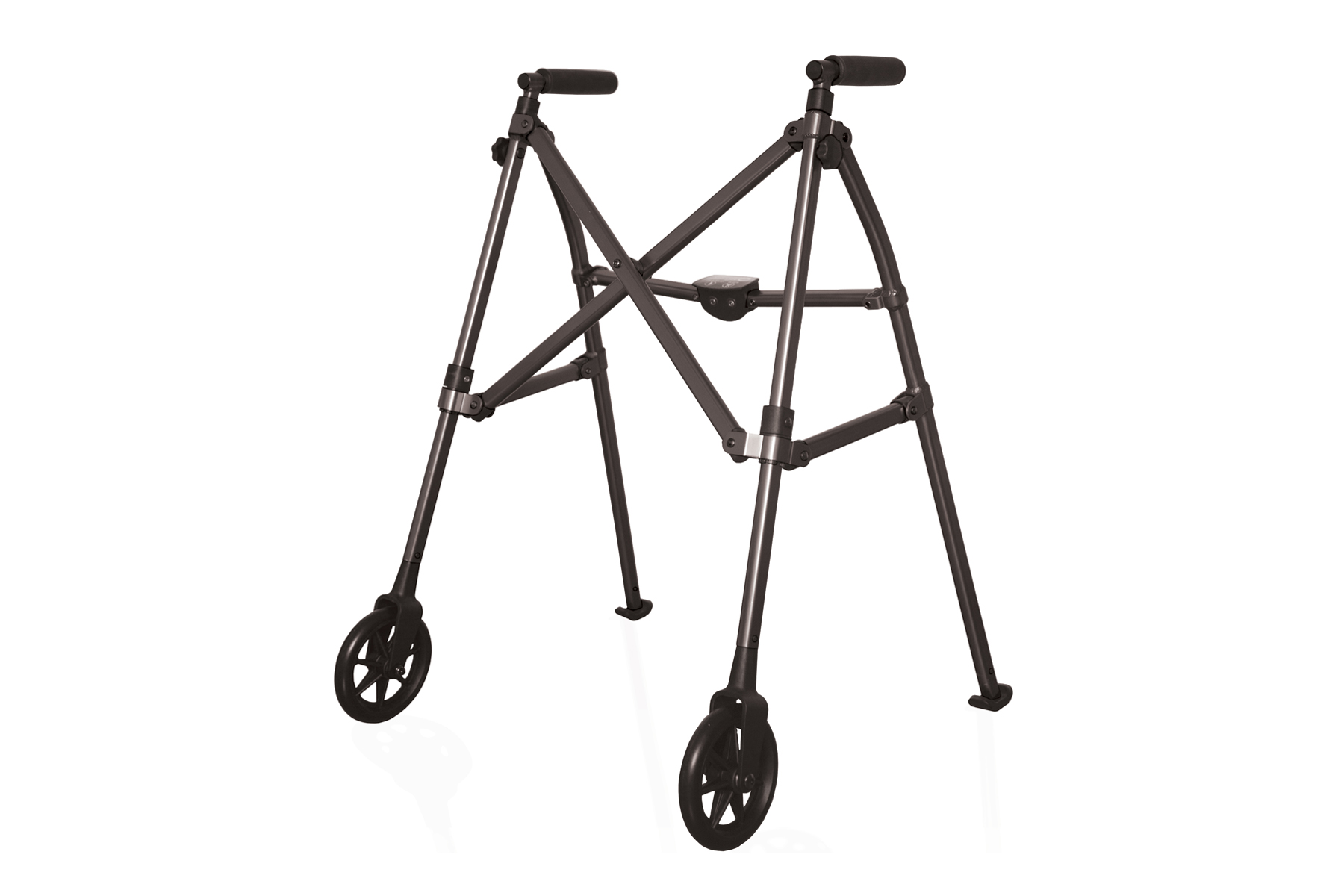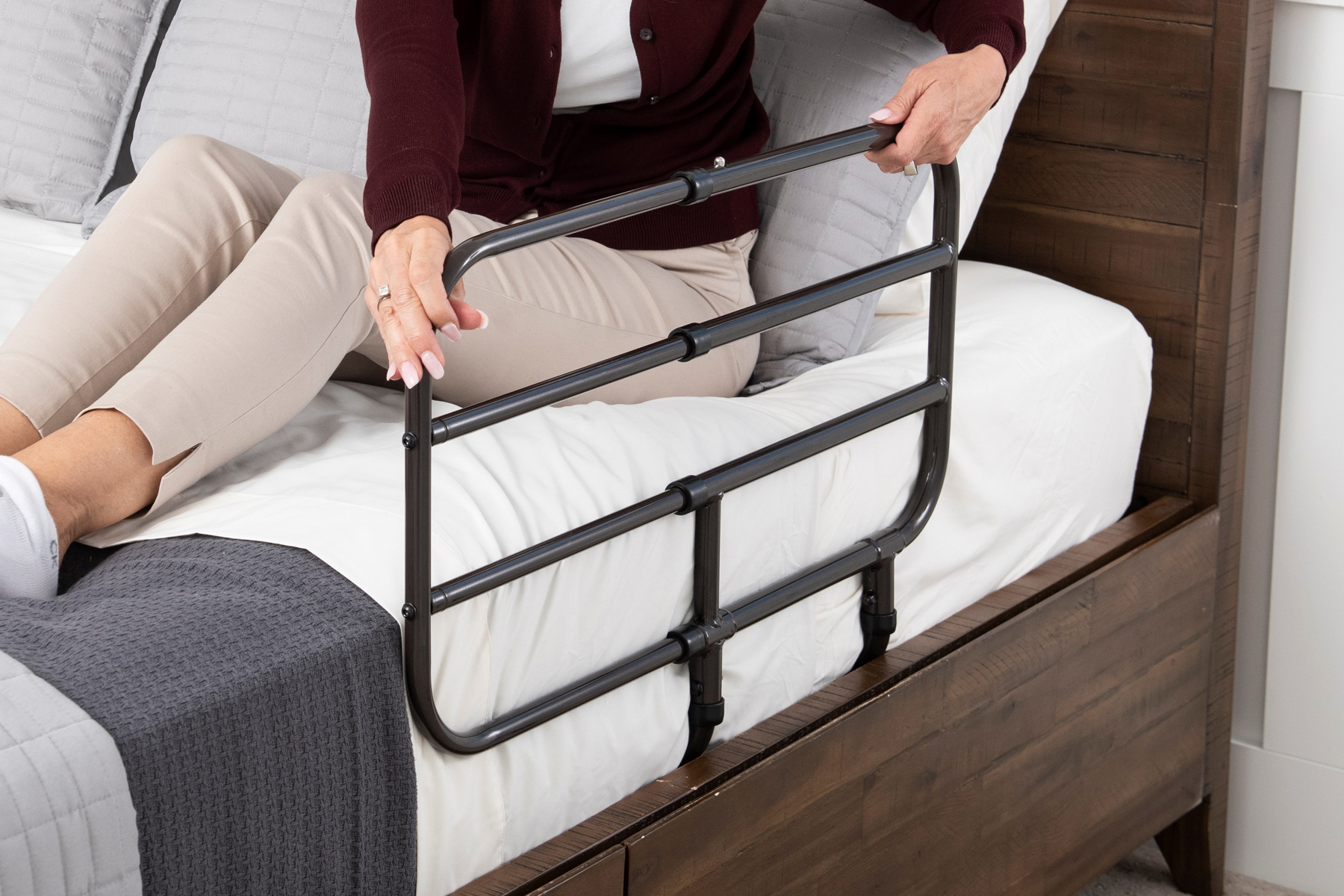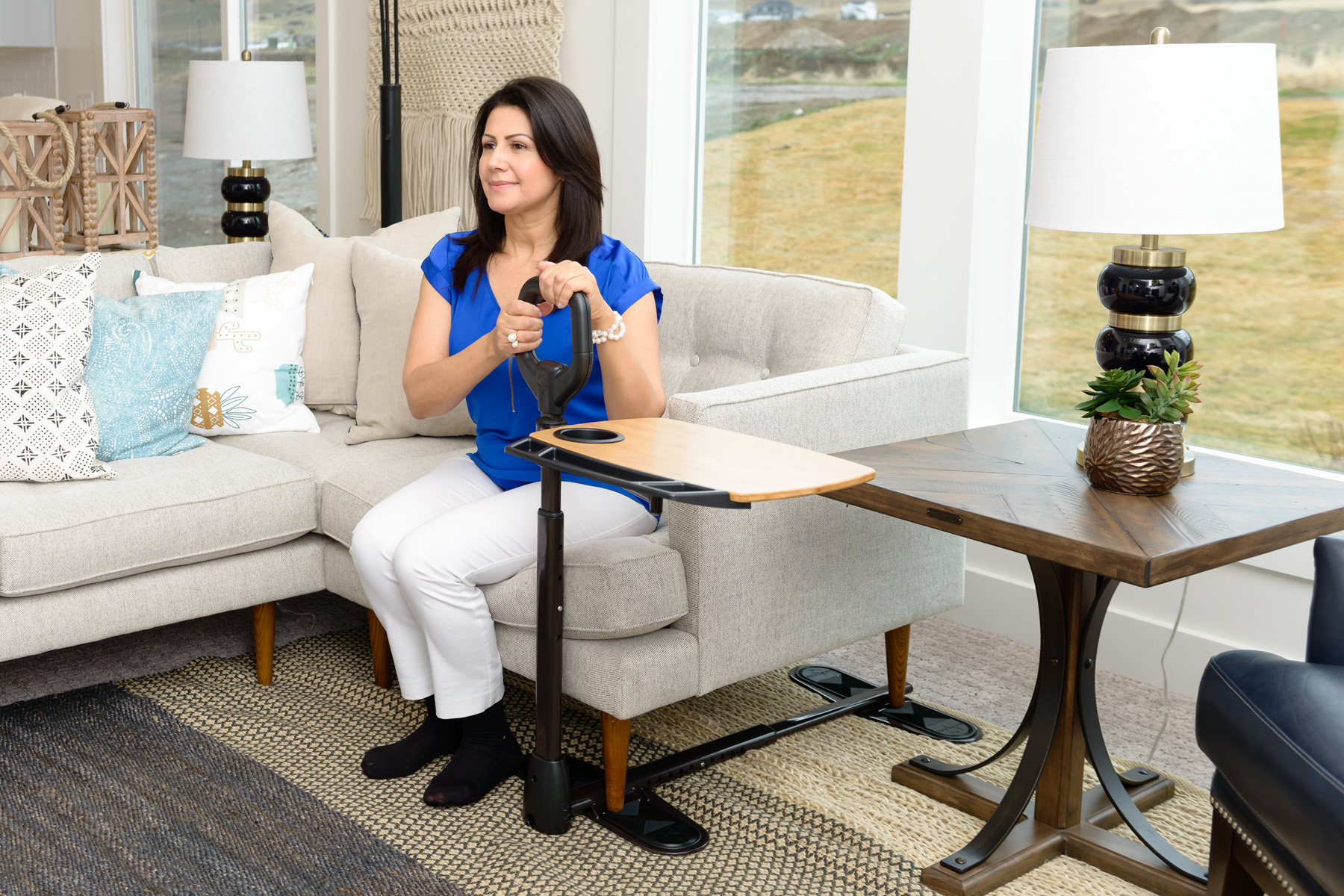what to consider when buying a walker or rollator
Making the right decision can be the difference in being confident in your mobility
It’s no secret that aging is filled with both the good and the bad. Along with the joys of grandchildren and the adventures of retirement come a decline in memory and loss of mobility. But aging is something that happens to everyone and there is a myriad of solutions available that can help turn the bad into good. Among the most common of these solutions are walkers and rollators, which have become integral parts of aging safely. Not just any walker or rollator will do though. Making the right decision about what walking aid you use can be the difference in being confident in your mobility. Educating yourself on walking aids requires a solid understanding of what someone needs, so let’s take a look at a few of the important details that will help you select the perfect mobility device.
Walkers vs. Rollators
The first question that needs to be answered is whether a walker or a rollator is needed. Walkers and rollators may be terms that seem synonymous, but they each serve different functions and should be treated as two separate classes. The ultimate difference between the two comes down to one thing: the level of mobility.
A walker has four legs that stay in contact with the ground when moving. Most walkers must be lifted to move forward, but some walkers are enhanced with two front wheels with ski glides or tennis balls on the back.
Rollators (or rolling walkers) have four wheels and a seat. Because of the wheels, rollators are easier to maneuver than walkers, but require more balance and coordination to safely operate. Rollators are generally recommended to users who need less support and have sufficient function in theirs hands to press the brake while walking. Walkers on the other hand, are best suited for those with poor balance and limited hand dexterity.
Questions to Ask When Purchasing a Walking Aid
With so many kinds of walkers and rollators available in the world, it’s important to ask yourself various questions that help determine what kind of walker or rollator is best suited for you. Consider the following:
Where do you plan on using your walking device?
Why it’s important: Some rollators come equipped with large wheels and big seats to be used outside or for longer periods of time. Other rollators or walkers are most suitable for inside use. While you can technically use an “outdoor rollator” inside your home (and vice versa), there can be obstacles. Issues with wheels wearing down faster or outdoor rollators being too wide to move around furniture are just a couple of challenges that may be experienced.
How often do you plan on traveling with your rollator?
Why it’s important: Rollators are generally large and bulky and can weigh anywhere between 15 and 30 pounds. Lifting a heavy rollator into a car or bus can be annoying and even hazardous for someone with inadequate strength. Lightweight and compact folding rollators are available for the avid traveler, whether it’s a trip around the world or traveling to the grocery store.
How much do you weigh?
Why it’s important: Don’t worry, you don’t actually have to tell us! Although it’s taboo to ask someone how much they weight, this is a relevant question when it comes to home senior equipment. It might not be on the top of mind, but all walkers and rollators come with a tested weight capacity, and it’s important to find one that fits within your range. Standard rollators often come with a capacity of 250-300 pounds, but heavy-duty rollators are available with weight capacities up to 400 or even 500 pounds.
What other sizing accommodations will you need?
Why it’s important: Other than weight capacity, walkers and rollators also come in a variety of shapes and sizes. Pay close attention to the height adjustment on the handles, height of the seat, and the inside width of the seat. Short, regular, tall, and extra-large rollators and walkers are available to fit all sizes. We recommend trying out a walker or rollator before purchasing to ensure complete comfort and compatibility. Our suggestion is to adjust the handles to the height of your wrists when hanging naturally to your side. This allows for a slight bend in the elbow when using the device.
Do you care about color, style, and shape?
Why it’s important: Few people look forward to using a walker. For many, it can be hard to get used to and even embarrassing to use in public. Numerous people have predetermined notions of how walkers and rollators look. In fact, when we mention a walker you probably picture a traditional gray tri-fold walker with tennis balls! The truth of the matter is rollators and walkers have come a long way! For those who value innovation and design, there are many models of walkers and rollators that will impress both you and your friends. We suggest finding a walker that matches you. Take the Able Life Space Saver Walker for instance. Thousands of people have loved the contemporary Regal Rose color that is both eye-catching and radiant.
Does your lifestyle demand multiple walking aids?
Why it’s important: Like so many things in life, one rollator or walker probably won’t fit the bill for all your adventures. We like to use the analogy of your rollator being like a car. It makes sense to own a fuel-efficient vehicle when commuting long distances to work, but you would want to find a more appropriate vehicle to go off-roading in the woods. Many seniors have found use for a compact indoor rollator to use at home, a comfortable outdoor rollator to enjoy strolls through the park, and a portable rollator to keep in the car. Having specific rollators for specific situations will enhance your life and the lives of your friends and family.
These are just six of many important questions that should be asked before purchasing a walker or rollator. For additional help, we recommend visiting a doctor or talking to an occupational therapist who can help you determine which type of walker or rollator best fits your needs. Just like most things in life, the more questions we can answer and the more education we can get, the better informed decision we can make.

